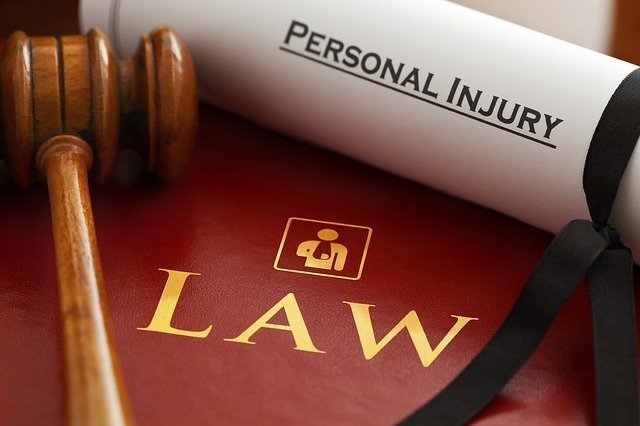Human beings are funny creatures. We each believe the rest of the world to be in receipt of some heightened level of understanding or privilege than that of our own limited entitlements – which is a wordy way of saying we all believe that other people seem to slip through life unhindered, whereas the obstacles in our lives hold us back in ways other people don’t have to put up with. This feeling of being further down the pecking order than we’d like can also serve to hold us back from taking action in the case of personal injury compensation claims. Instead of picking up the phone and speaking to a lawyer about being in an accident that wasn’t our fault, we think that we were perhaps to blame for our injuries and that by speaking to a lawyer we will only be wasting their time on a case that has no grounds. That’s why we’re going to dispel a couple of myths about making a claim (see morellilaw.com if you are in New York).
Duty of care
Whenever you step foot in a public space or inside a place of work, there are invisible regulations at play that are in place to minimise risk of injury. This is called the duty of care (it’s a sort of ongoing risk assessment of safety procedures followed by implementation of updates where necessary). Where a private landlord, business owner, or local authority fails to uphold the duty of care, you may be able to bring a claim for personal injury compensation. Regardless of whether you believe that your vigilance was disturbed by a loudspeaker announcement or brightly lit advertisement, for example, the duty of care insists that such distractions are taken into account and that public safety is not compromised (you are literally allowed to be distracted and be injured and still bring a claim, because it’s not your fault that you were distracted).
Unenforced safe working procedures
This is a common theme among workers who believe that they are not able to bring a claim due to not following safe working procedures – however, where time pressures are placed on employees to complete tasks, safety procedures can be abandoned in favour of hitting targets. Where the employer knows such activities are underway, and does nothing to enforce safety standards, a personal injury compensation lawyer can direct a claim against the employer for any worker injuries suffered as a result of employer negligence.


